Puppy Training 101: How to Raise a Well-Behaved Pup from Day One
Training your puppy early isn’t just helpful — it’s essential! Good habits formed in puppyhood lead to a lifetime of good behavior. Here’s a beginner-friendly guide to puppy training that’s both effective and fun.
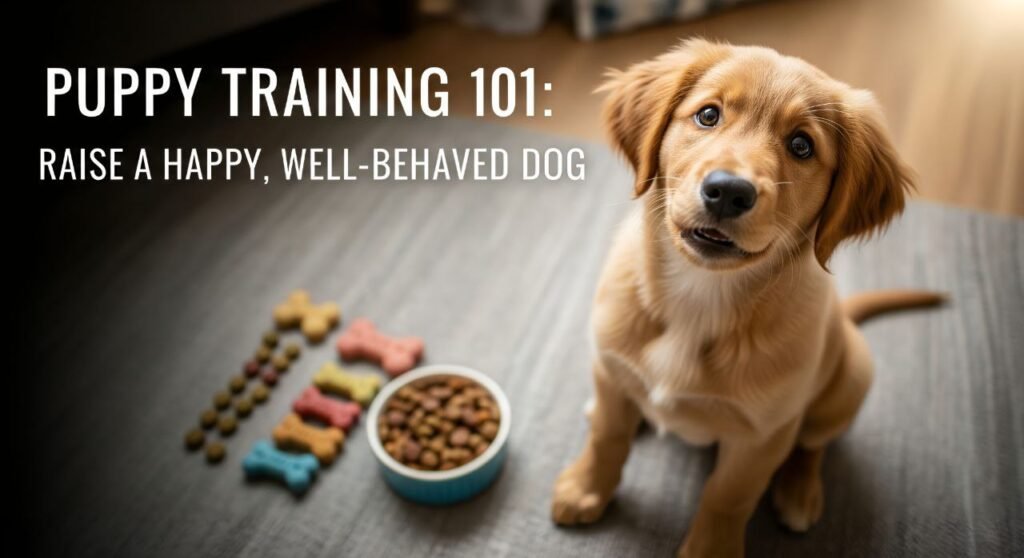
1. Puppy Training Start Early, Be Consistent
The best time to begin training is as early as 8 weeks old. Puppies are like sponges and quickly pick up on patterns. Use the same words, tone, and gestures each time to avoid confusion.
2. Use Positive Reinforcement
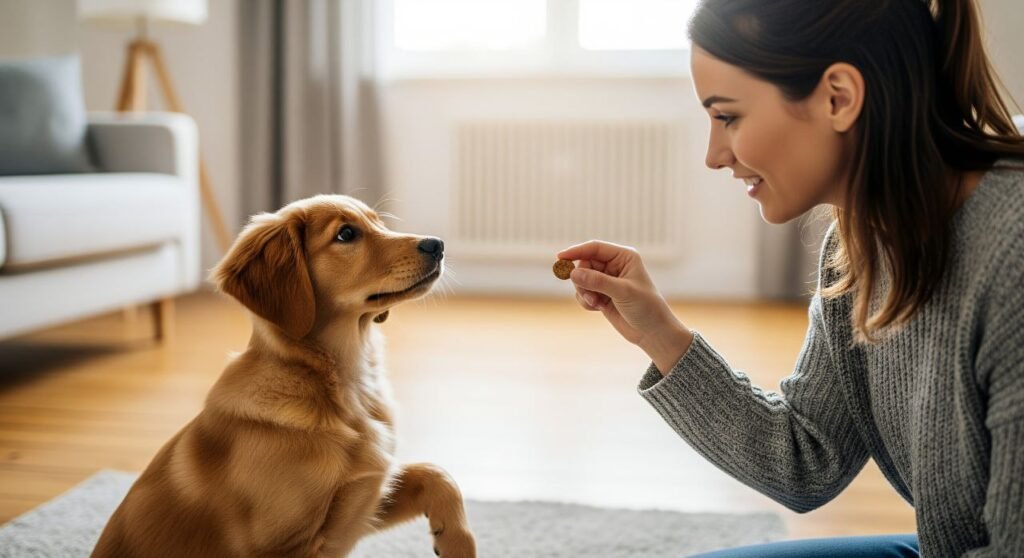
When your puppy does something good during puppy training, reward him with treats, praise or play time. This builds trust and encourages him to repeat the good behavior. Avoid yelling or punishing – this only creates fear.
3. Potty Training Basics
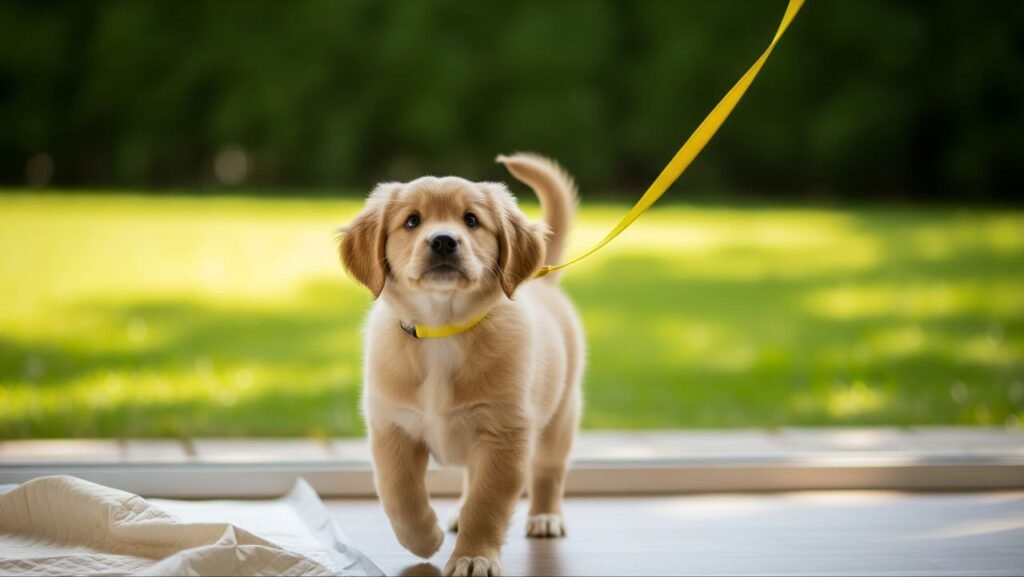
- Take your puppy out first thing in the morning, after meals, naps, and playtime.
- Use a consistent spot and praise them immediately after they go.
- Accidents happen — clean them without scolding, and stay patient.
4. Crate Training
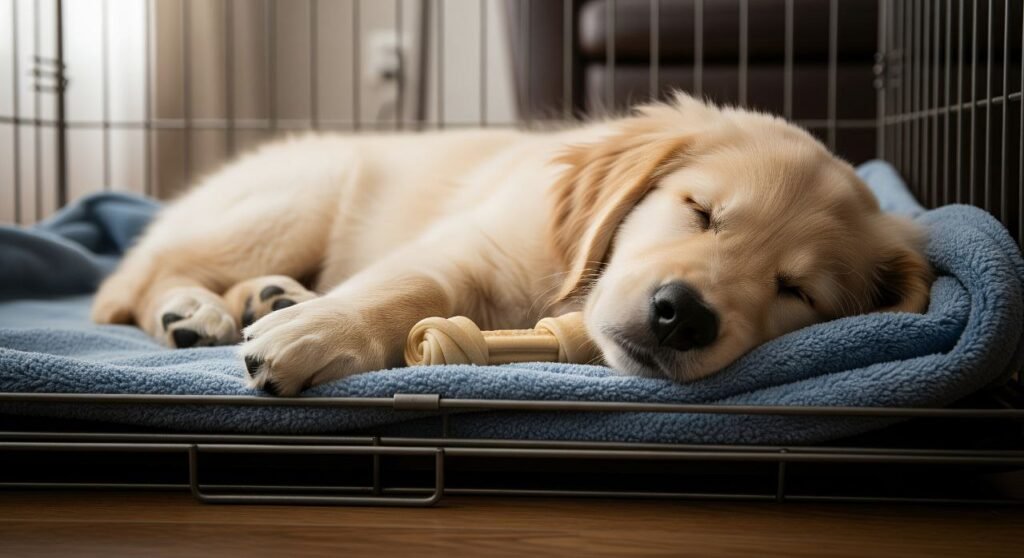
Crates provide a safe space and help with house training. Start slow:
- Let them explore the crate freely.
- Feed them meals inside it to build positive association.
- Never use the crate as punishment.
Also read: What You Must Know Before Choosing Dog Food Experts Reveal Shocking Truths.
5. Teach Basic Commands
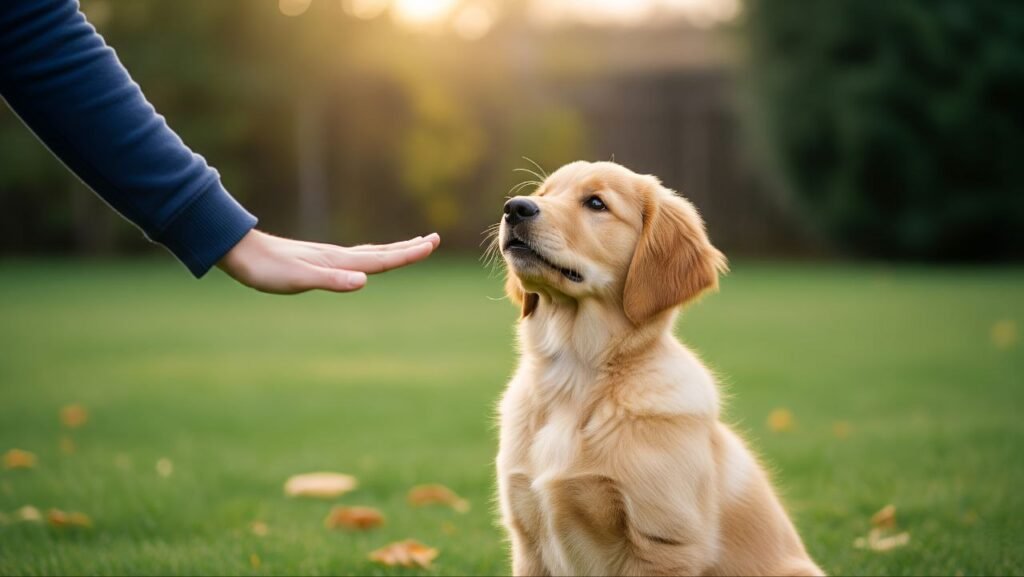
Start with easy commands like:
- Sit
- Stay
- Come
- Leave it
Keep sessions short (5–10 minutes) and fun. Use treats and lots of praise!
6. Socialization Is Key
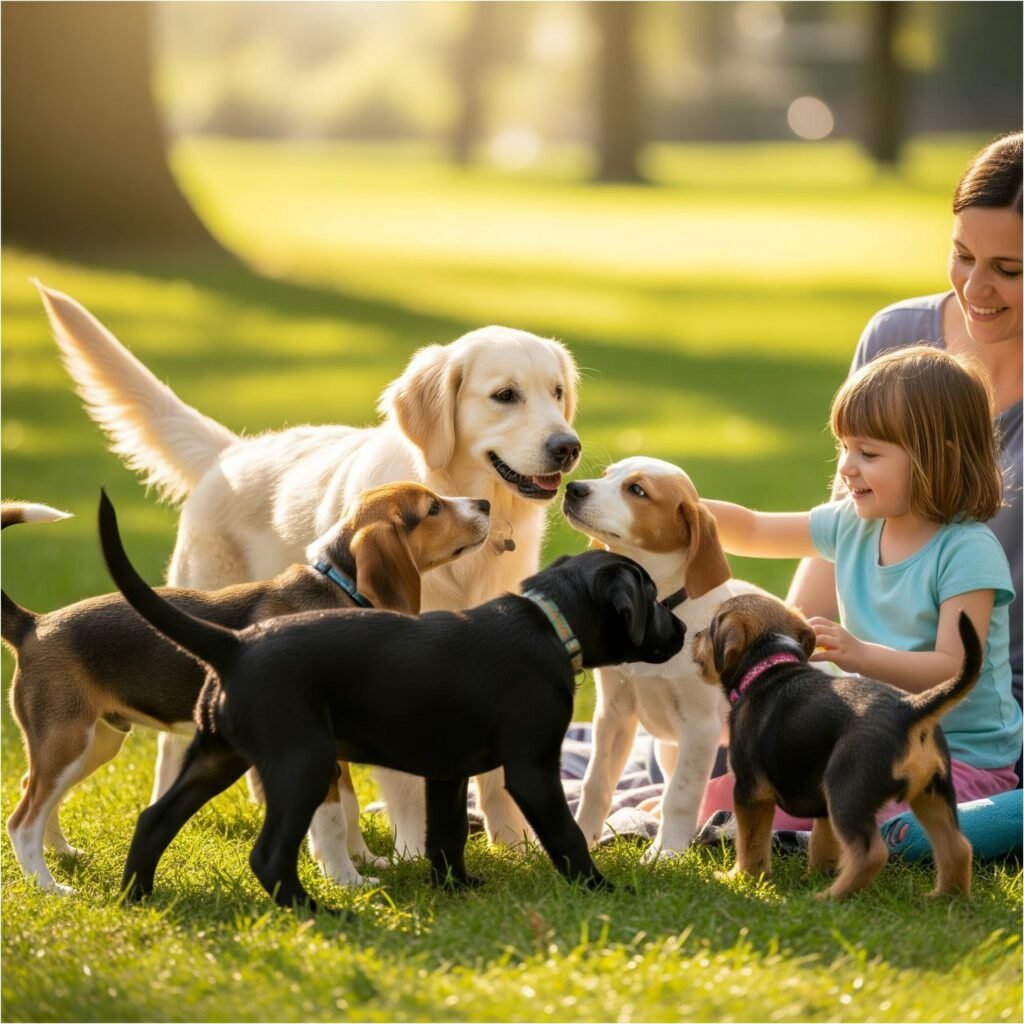
Expose your pup to different people, sounds, places, and other animals during their critical socialization window (8–16 weeks). Well-socialized puppies grow into confident, friendly dogs.
7. Leash Training
Begin leash training indoors. Use a short, lightweight leash and reward your pup for walking beside you. Gradually introduce them to walks outdoors in quiet areas.
8. Mental Stimulation
Puppy Training isn’t just physical — keep their minds busy too!
Try puzzle toys, treat-hiding games, and short command practice throughout the day.
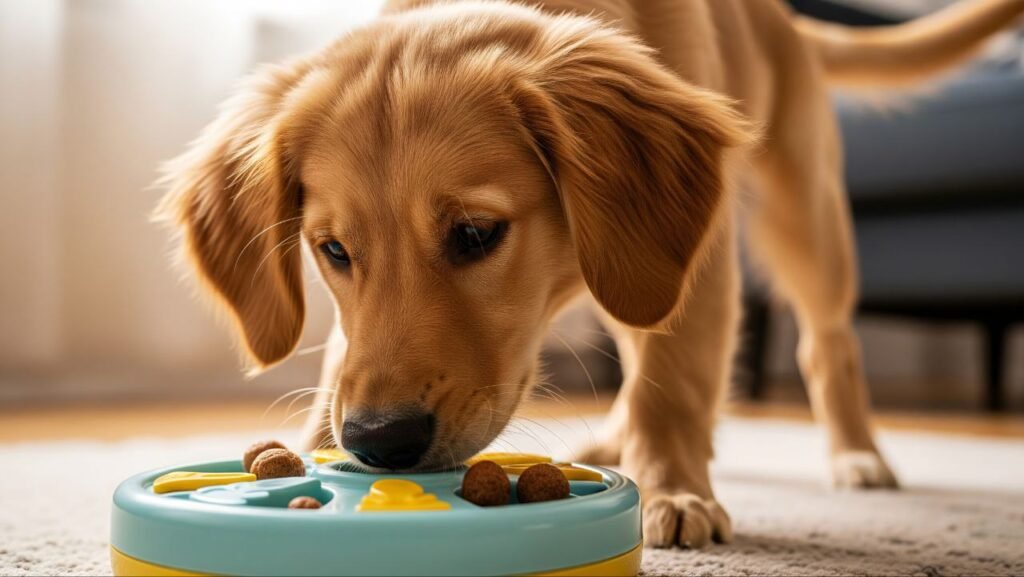
9. Be Patient and Positive
All puppies learn at their own pace. Celebrate small wins, and don’t get discouraged by setbacks. Building trust and consistency is more important than perfection.
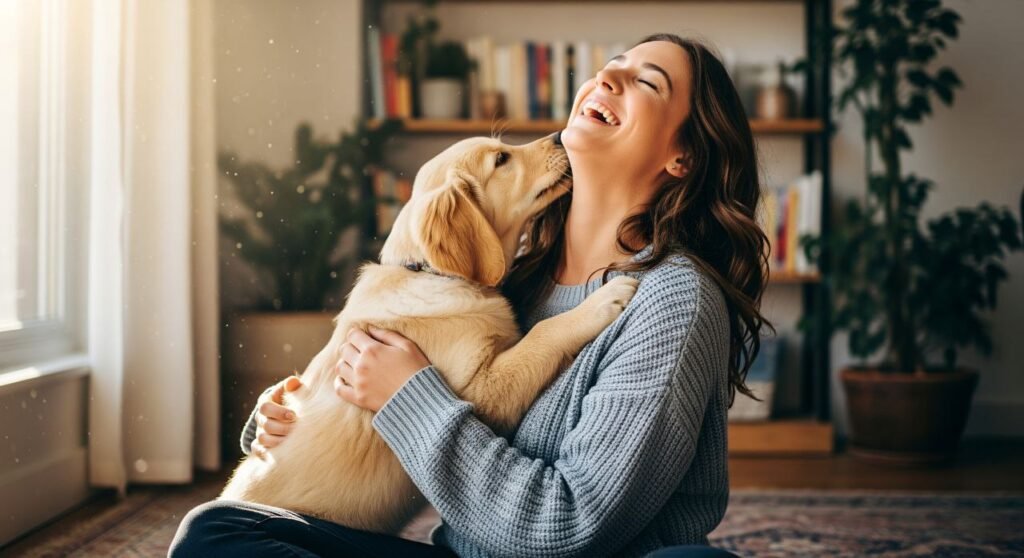
10. When to Seek Help
If you’re struggling, consider a puppy training class or a certified dog trainer. Early support can prevent behavioral issues later.
A well-trained puppy is a joy for life. Start small, stay patient, and enjoy the journey. Your puppy isn’t just learning — they’re bonding with you every step of the way!
Discover the Fascinating World of Dog Breeds Learn About Their Origins Traits and Classifications.

